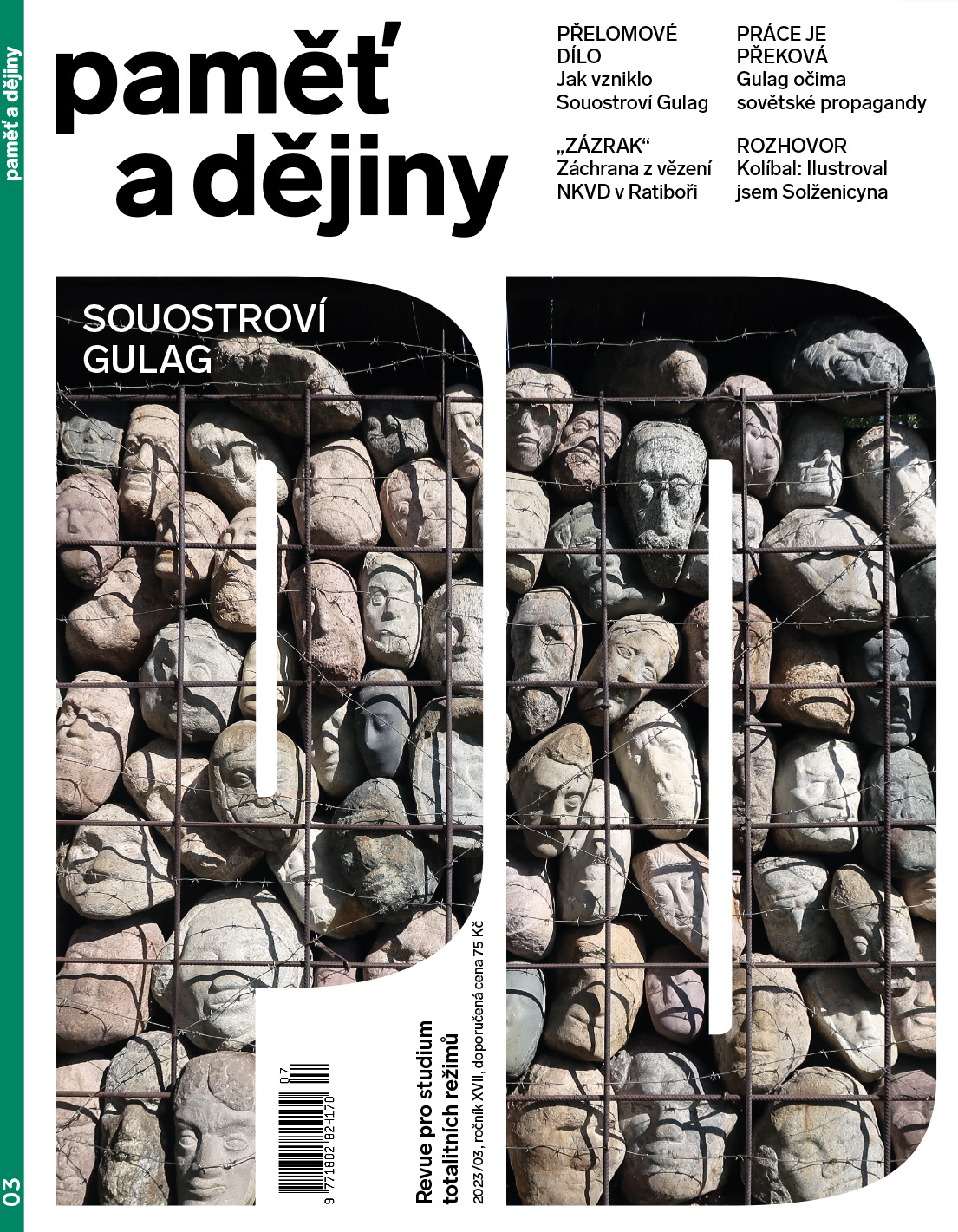Práce je překová. Stavba Bělomořsko-baltského kanálu očima propagandistické monografie
The work remakes them. Construction of the White Sea-Baltic Canal through the eyes of a propaganda monograph
Author(s): Anna ChlebinaSubject(s): Recent History (1900 till today), Special Historiographies:, History of Communism
Published by: Ústav pro studium totalitních režimů
Keywords: White Sea-Baltic Canal; forced labor; Gulag prisoners; Maxim Gorky; Great Terror; foreign libraries;
Summary/Abstract: The article delves into the construction of the White Sea-Baltic Canal in the Soviet Union, built between 1931 and 1934 by over 100,000 Gulag prisoners under severe conditions, resulting in high mortality rates. The canal served as a testament to the Soviet state security's utilization of forced labor for large-scale projects. A group of 120 writers, spearheaded by Maxim Gorky, visited the construction site and penned a monumental book glorifying the canal and the prisoners' "re-education". Despite receiving endorsement from the highest authorities and widespread distribution both domestically and internationally, the book and most of its authors and editors fell victim to the Great Terror of 1937. Labelled as "enemies of the people", they were arrested and executed, and the book, which contained evidence of their activities and photographs of many purged officials, was confiscated and destroyed, with only a few copies surviving in foreign libraries.
Journal: Paměť a dějiny
- Issue Year: XVII/2023
- Issue No: 03
- Page Range: 25-33
- Page Count: 9
- Language: Czech

